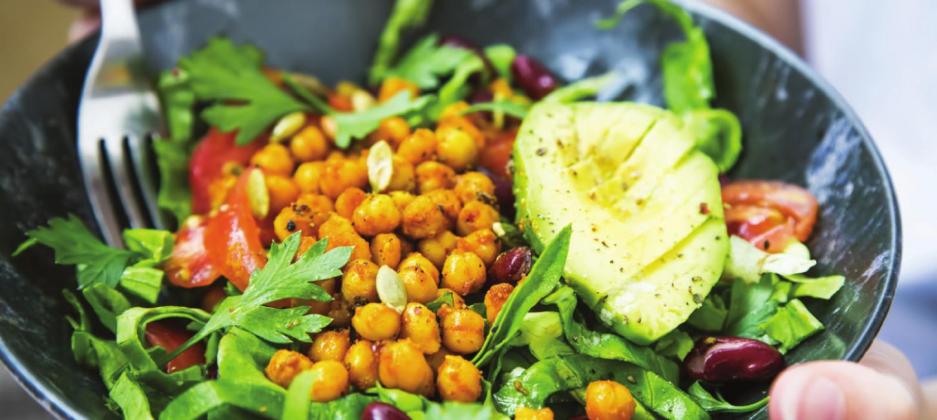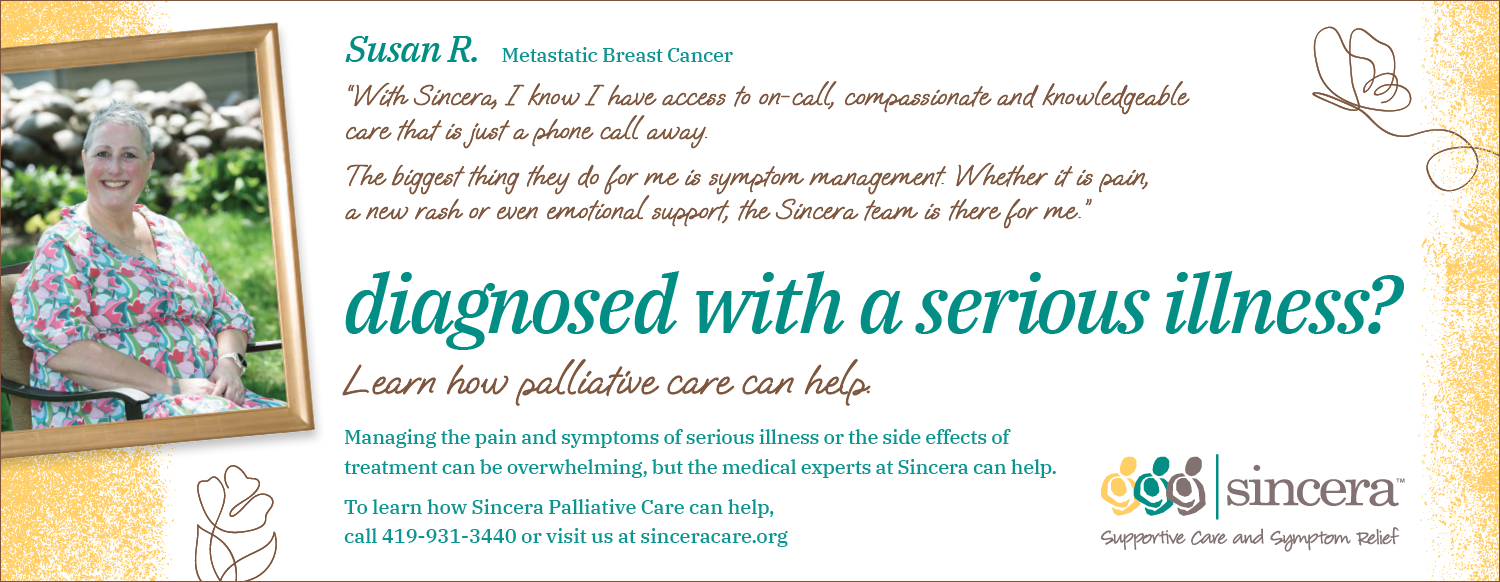IN CASE YOU HAVEN’T OBSERVED THE TREND, plant-based diets are all the rage these days and many foods on supermarket shelves are now labeled “plant-based.” Even certain fast-food chains known best for their hamburgers are getting on the bandwagon with plant-based offerings, such as Burger King’s Impossible Whopper. However, as with the low-fat craze and all the not-so-healthy food choices it spawned, the devil is in the details when it comes to eating plant-based. In other words, if you think your PB & J sandwich, oatmeal raisin cookies, and potato chips constitute part of a healthy plant-based diet, you may need to think again.
In simple terms, plant-based diets maximize plant-based foods and minimize animal-based foods—and there’s no question that a plant-based eating pattern is a good choice for your health. Studies consistently show that eating a healthy plant-based diet lowers the risk for various chronic diseases, including cardiovascular disease and type 2 diabetes. However, not all plant-based choices are the same or equally healthful. Highly processed foods—even if they originate from plant-based sources—may not have the same benefits. In fact, many refined sugars and starches even carry health risks.
So, if you’re looking to eat healthier and to make some dietary changes that will support good health, cutting back on animal products is simply not enough. Processing matters, and some of the poorer choices you can make are ultra-processed foods such as white bread, most breakfast cereals, soda pop, and formed chicken nuggets.
Unprocessed foods, on the other hand, are still in their original form. For plant-based eaters, that means actually consuming part of a plant in its pure, unadulterated form, such as fruit, nuts, or vegetables. Healthy plant-based options include fruits, vegetables, whole grains, natural nut butters, nuts, seeds, beans, lentils, tofu, plant oils, tea, and coffee (unsweetened).
Somewhere in between ultra-processed and unprocessed, you have minimally processed foods, which are only slightly altered to make them ready or safe to eat. Minimal processing can include heating, freezing, and canning—such things as pasteurized milk, frozen vegetables, and canned tuna.
While plant-based options have been around a long time, the market for plant-based meat and dairy has skyrocketed as consumers are looking to expand their choices. Consider all the plant-based foods that closely mimic meat products like hamburger (e.g., the aforementioned Impossible Whopper) or sausage, as well as all the milks now available from soy, almonds, oats, and cashews to name a few.
While it’s accurate to label these “meats” and “milks” plant-based, many of them can be considered highly processed. Their health impact is unclear at this time, but I won’t be surprised if they prove to be unhealthful as they are high in saturated fats. In fact, many vegetarians and vegans consume more ultra-processed foods than meat eaters, especially now that they have so many plant-based alternatives to meat and dairy.
Putting their uncertain health impact aside, most highly processed plant-based products have one thing going for them compared to their animal-based counterparts—they’re better for the environment. For example, consider that making the popular burger-replacement products requires 90% less land and 85% less water and emits 90% less greenhouse gases than making conventional beef burgers does.
If you’re planning to go plantbased for the sake of your health, be sure to choose whole or minimally processed foods and try to limit foods made with refined flours and added sugars. At the same time, keep in mind that some animal products, such as fish, seafood, yogurt, poultry, eggs, and cheese, are not associated with negative health effects.
Laurie Syring, RD/LD, is Clinical Nutrition Manager at ProMedica Flower Hospital.



